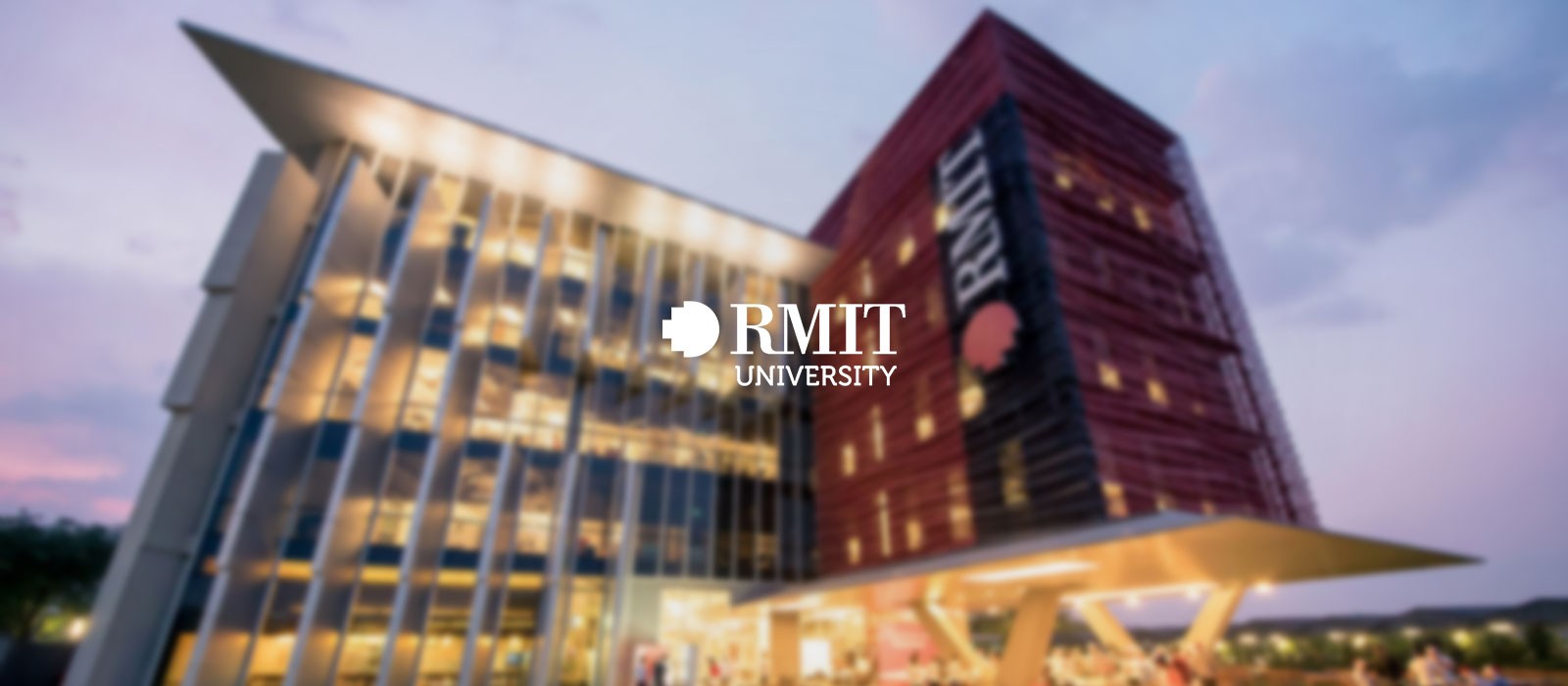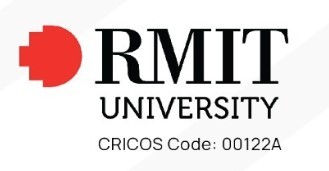
Bachelor of Laboratory Medicine (Honours)


Overview
Duration
FULL-TIME 4 YEARS
FULL-TIME 4 YEARS
Scholarship
YES
YES
Fee
AU$42,240
AU$42,240
Intake
FEBRUARY, JULY
FEBRUARY, JULY
Overview
- Play a vital role in the detection, diagnosis and treatment of disease, and work alongside doctors, pathologists and scientists in the healthcare field.
- RMIT's Bachelor of Laboratory Medicine (Honours) will equip you with fundamental knowledge of human anatomy and physiology, develop your communication and professional skills and introduce you to factors that impact the health of individuals and communities, particularly our First Nations peoples.
- You'll build skills and knowledge of molecular diagnostics which will provide an overview of the detection and application of biochemical and molecular biology techniques (DNA or RNA) to provide clinical information in the study of human diseases, including infectious disease, inherited conditions and cancer.
- You'll also learn about clinical immunology and pathology, gaining an understanding of the diagnosis and management of patients with diseases or disease processes that result from disturbed immunological or pathophysiological mechanisms.
- As a graduate of this laboratory medicine degree, you'll be qualified to practise as a medical scientist in the diagnostic pathology industry, be competitive for employment in medical research and be competitive for entry into PhD studies.
- What is laboratory medicine?
- Laboratory medicine is the science of pathology — detecting and diagnosing disease.
- It involves analysing samples and conducting tests using body tissues (e.g. biopsies) and fluids (e.g. blood) to diagnose diseases, enable treatment of patients and provide information about future prevention. It's estimated that up to 70% of clinical decisions made by doctors are based on results and information provided by medical laboratory scientists.
Inquire Now
Career
- When you graduate with a Bachelor of Laboratory Medicine (Honours), you will be qualified to practise as a medical laboratory scientist in the diagnostic pathology industry and be competitive for employment in medical research and entry into PhD studies.
- As an RMIT graduate your skills will be in high demand and career opportunities are excellent throughout urban and regional areas in Australia and overseas.
- In Australia, career opportunities for medical laboratory scientists have grown significantly over recent years and are expected to continue growing.
- hospital laboratories
- private pathology
- providers research centres
- pharmaceutical companies
- food and cosmetic
- industries
- veterinary sciences
- forensic science laboratories
- state health laboratories
- universities
- government agencies.
Entry Requirement
- To study this course you will need to complete one of the following English proficiency tests:
- IELTS (Academic): minimum overall band of 6.5 (with no individual band below 6.0)
- TOEFL (Internet Based Test - IBT): minimum overall score of 79 (with minimum of 13 in Reading, 12 in Listening, 18 in Speaking and 21 in Writing)
- Pearson Test of English (Academic) (PTE (A)): minimum score of 58 (with no communication band less than 50)
- Cambridge English: Advanced (CAE): minimum of 176 with no less than 169 in any component.
Popular Courses
Start your journey with landmark today!
Find your perfect course
Answer a few questions and
our course matcher will do the rest
Head Office
Level 5, IT Plaza
Kamaladi, Kathmandu
Tel: +977 14542781, 9845566225
E-mail: info@landmarkedu.com
Kamaladi, Kathmandu
Tel: +977 14542781, 9845566225
E-mail: info@landmarkedu.com
Sydney office
Suite 1 Level 1,
46 Macquarie Street,
Parramatta, NSW
Tel: +61 415 122 814
46 Macquarie Street,
Parramatta, NSW
Tel: +61 415 122 814
Branch office
Sahidchowk, Chitwan
Tel: 056-590825
Tel: 056-590825
Mahendrachowk, Biratnagar
Tel: 021-590828
Tel: 021-590828
Level 2, Milanchowk, Butwal, Rupandehi
Tel: 977-71-591694
Tel: 977-71-591694
© Landmark Education. All rights reserved.


